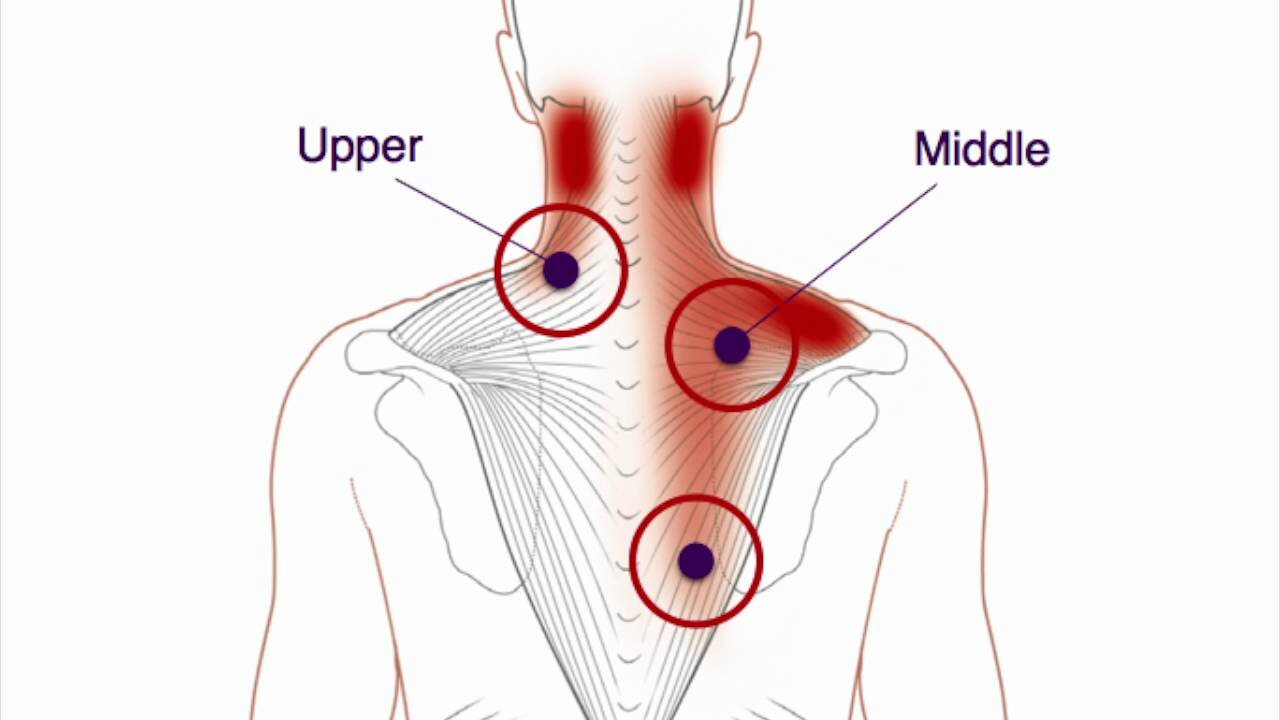Traditional Chinese medicine (TCM) offers a holistic approach to health that takes into account the changing seasons and their effects on the body. Here are some TCM tips for the fall season to help you stay in balance and maintain well-being:
Balancing Yin and Yang:
In TCM, the fall season is associated with the metal element, which corresponds to the lungs and large intestine. It's a time when yang energy (heat) starts to decline, and yin energy (coolness) begins to increase. It's important to maintain a balance between these opposing forces. To do this:
Dress appropriately for the changing weather, layering clothing to adapt to temperature variations.
Incorporate warm, nourishing foods into your diet to support the yang energy. This might include soups, stews, and roasted vegetables.
Stay hydrated, but avoid excessive consumption of cold beverages, which can disrupt the balance of hot and cold in the body.
Boosting the Immune System:
As the weather cools down, people are more susceptible to colds and flu. TCM recommends strengthening the immune system:
Eat foods rich in immune-boosting nutrients like vitamin C and zinc, such as citrus fruits, ginger, garlic, and mushrooms.
Engage in regular physical activity to improve circulation and enhance the body's defenses against illness.
Consider incorporating adaptogenic herbs like astragalus and reishi mushrooms into your diet to support immune health.
Lung Health:
The lungs are particularly vulnerable during the fall season, as they are associated with the metal element. To care for your lung health:
Practice deep breathing exercises or engage in mindfulness meditation to strengthen lung function and relieve stress.
Avoid exposure to pollutants and tobacco smoke to protect the lungs from harm.
Balanced Diet:
TCM emphasizes eating seasonally and maintaining a balanced diet. Incorporate foods that are in season during the fall, such as apples, pears, squash, and root vegetables.
Choose warm and nourishing foods like ginger, garlic, onions, and whole grains to support your body's energy needs during the cooler months.
Limit or avoid cold and raw foods, which can disrupt the digestive system's balance in the cooler season.
Stay Hydrated:
Even though it's getting cooler, staying properly hydrated is important. Drink warm water, herbal teas, and broths to maintain hydration while avoiding excessive cold or iced drinks.
Fall Fruits and Vegetables:
Incorporate seasonal produce into your diet, such as pumpkins, sweet potatoes, carrots, and persimmons, as they are believed to be beneficial for the body during the fall season.
Regular Sleep and Rest:
Adequate rest and sleep are essential for maintaining balance. Make sure to get enough sleep to support your body's energy and immune function.












